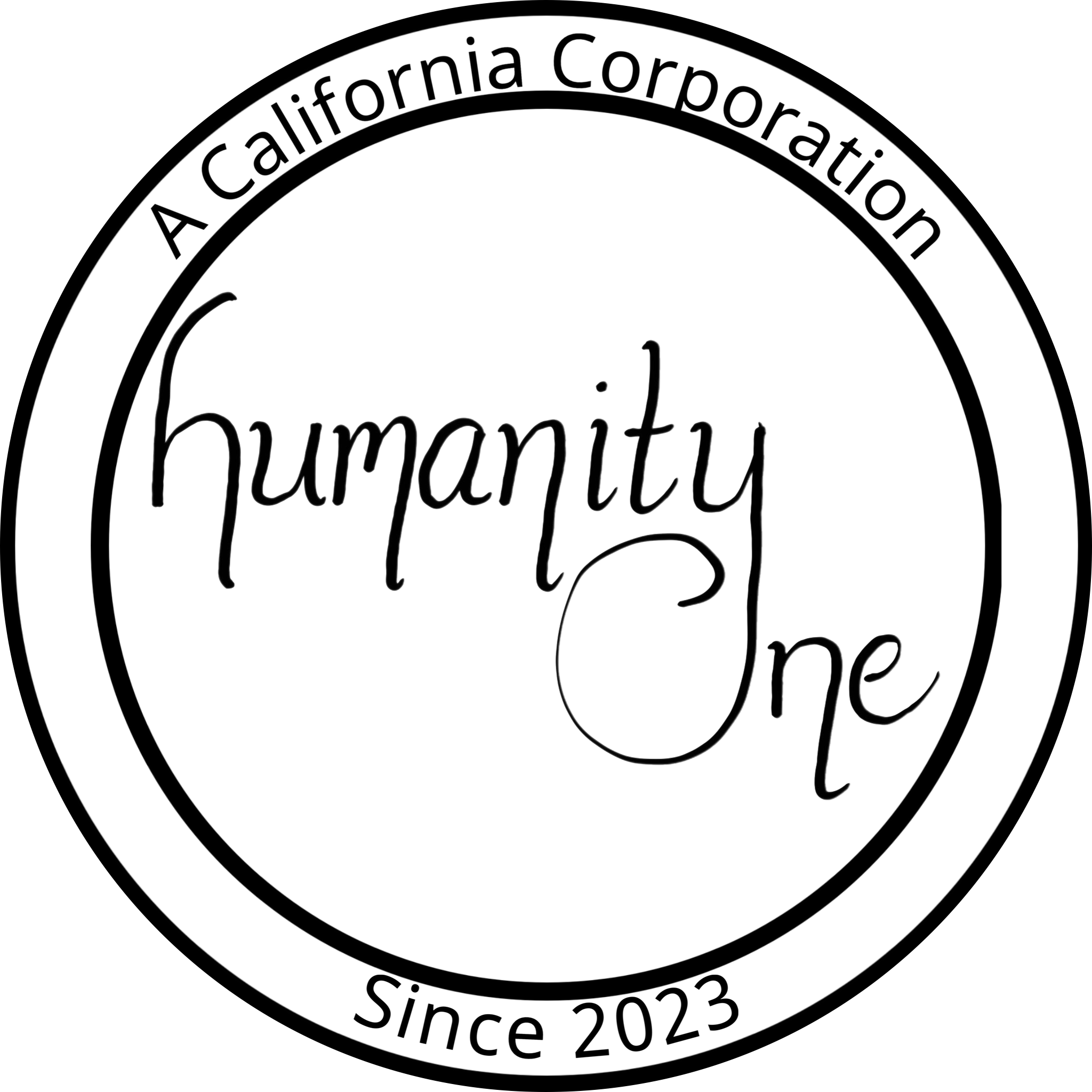The Illusion of Safety and the Cost of Surrendering Our Rights
Beloved community, let us take a moment to reflect on the idea of freedom. We often speak of it as an absolute, a value worth protecting at all costs. But we must ask ourselves: what happens when we trade our rights, our very autonomy, for the illusion of safety? In the quest for safety, convenience, or even the promise of a better future, many today willingly relinquish their most fundamental liberties. We must realize that true freedom can never exist when the chains of control are still firmly in place.
"These uncertain times"
We have seen this unfolding before us. In a world driven by fear and uncertainty, it becomes easy to give up a right for the false promise of security. Technology, which should be a tool for empowerment, has too often been used to track, control, and limit our movements and thoughts. The digital age has given rise to a surveillance state. The illusion of safety is traded for the erosion of privacy. Look to the countless examples in our recent history—where citizens of the world have surrendered their personal data, their right to privacy, in exchange for the convenience of online platforms. We become products, not people, our lives reduced to metrics and algorithms designed to predict, influence, and control our every move. Where is our freedom if our thoughts, desires, and actions are no longer our own?
Consider also the rise of authoritarianism under the guise of democracy. In some regions of the world, individuals have willingly given up their rights to assemble, to dissent, and to speak freely. We cannot keep blindly trusting that those in power will ensure a stable society. This exchange is rooted in fear—fear of chaos, fear of violence, fear of instability. But history shows us that those who cede power to authoritarian figures rarely see that power return. Whether it is through laws that restrict speech or policies that suppress dissent, the illusion of freedom fades as our rights slip from our grasp.
A Perfect Example
Let us not forget how the world responded to the global pandemic. In many instances, governments were forced to take swift and decisive actions to protect public health. Some of this may have seemed necessary. But even now, in the aftermath, we must question how quickly we, as societies, surrendered essential rights and freedoms to the hands of centralized control. Curfews, travel restrictions, surveillance, forced medical interventions—these measures, we were told, were meant to safeguard us. But were they? Even if they were, what happens when they, then, overstay their necessity? Many of us accepted this under the promise of returning to a normal life. Not only did that not happen, but what was the ultimate cost?
Surrendering Freedom
It is vital to understand that true freedom is never easy. It is not a gift handed to us, nor is it a contract that can be negotiated away for a better tomorrow. Freedom is born from personal accountability. It is nourished by the courage to make difficult choices. We must have the willingness to stand firm, even when convenience and comfort tempt us to compromise. Every right we surrender in the name of a safer, more secure world must be questioned. Do not forget that rights, once surrendered, are rarely if ever given back.
We can also look to the rising tide of corporate control, where our daily lives are increasingly governed by corporations that sometimes have more power than governments themselves. The endless terms and conditions we agree to, the monopolies we allow to exist because of the convenience they provide—all these are small ways in which we surrender our autonomy. We must ask: do we still own our own labor, our own creativity, when so much of it is commodified by forces beyond our control?
So, what can we do?
How can we reclaim our freedom and avoid falling into the traps of fear and complacency? First, we must be vigilant. We must recognize the subtle ways in which we are asked to give up our rights and critically question the long-term consequences of these decisions. We must remember that every small surrender accumulates into something larger—something more difficult to undo.
Second, we must have faith in our own capacity for self-governance. We must trust ourselves to make decisions in our lives. Freedom requires that we rely on ourselves, our families, and our communities to protect us from harm. We cannot pretend we are without responsibility simply because we have outsourced it to some institution. On the contrary, true freedom demands that we take personal accountability for our actions, that we engage with our communities, and that we stand up for those who cannot stand up for themselves. We don't need some bloated bureaucracy for that.
Lastly, we must commit ourselves to the ongoing practice of reclaiming our autonomy. This means staying informed, supporting policies and movements that prioritize individual rights, personal autonomy, and self-reliance. This also means rejecting the notion that any authority, system, or institution—whether governmental, corporate, or otherwise—should be given the power to dictate the terms of our freedom.
Safety is Always an Illusion
The illusion of safety is seductive, but it is dangerous.The path to true freedom requires courage, vigilance, and a refusal to be complacent. Let us not fall into the trap of convenience, but instead rise to the challenge of securing our rights for ourselves and for future generations.
May we all walk this path with strength, awareness, and wisdom. And please let us do so before it is too late.
Amen.


